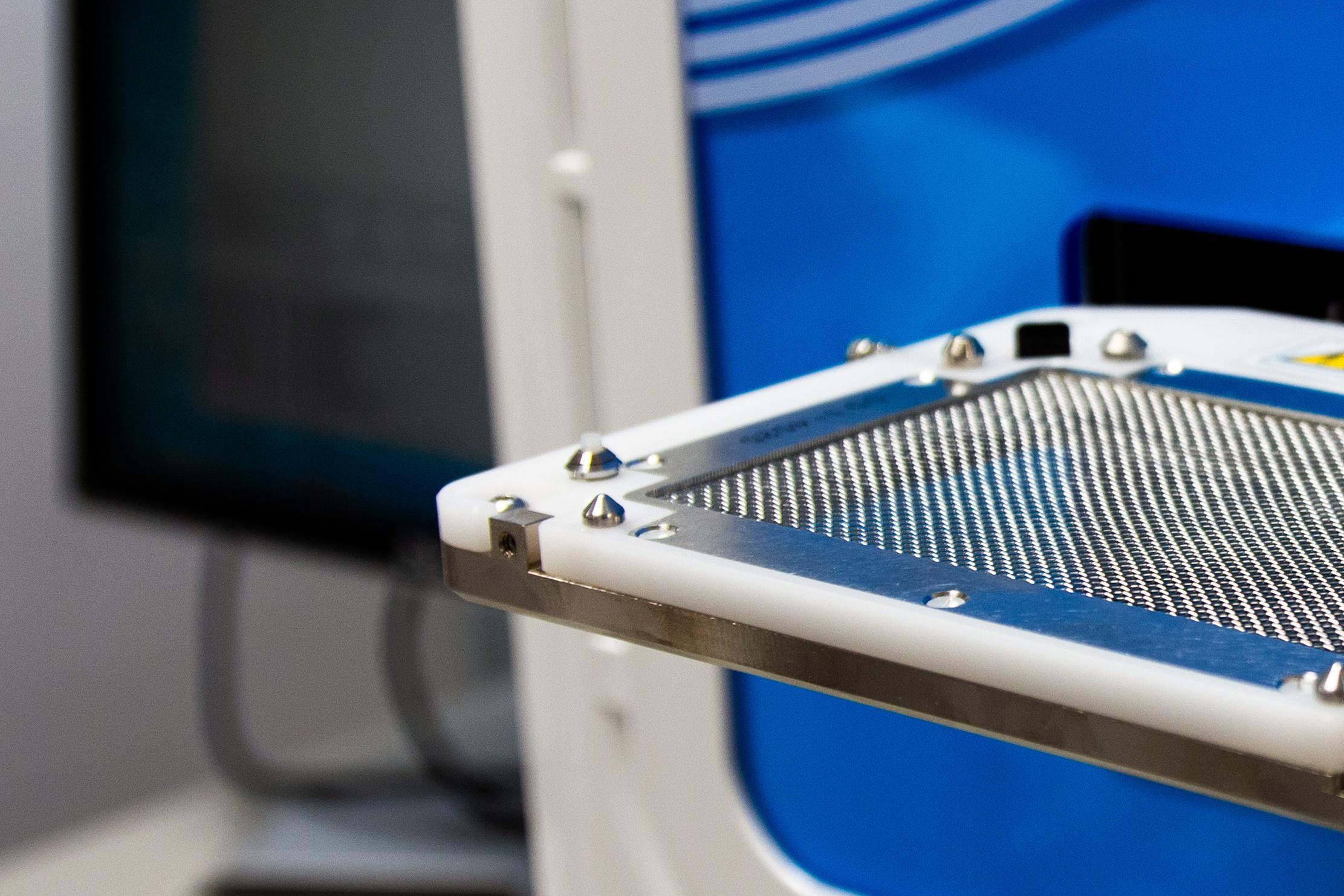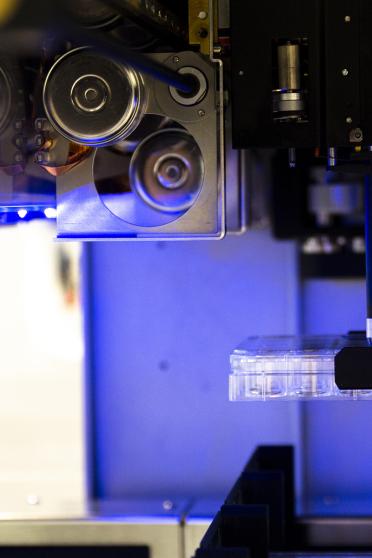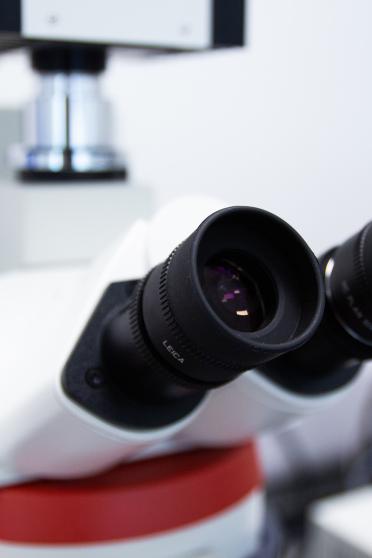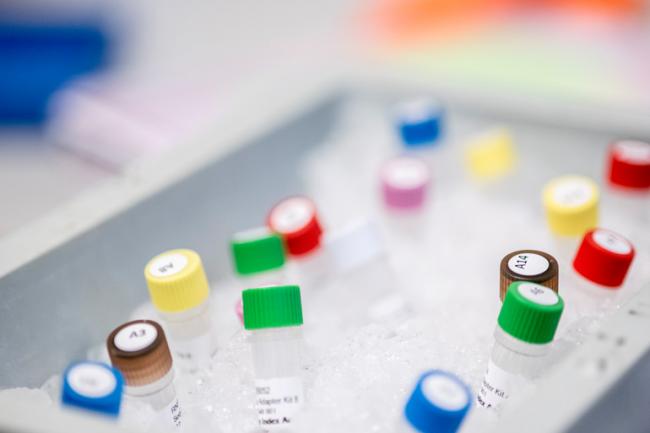
The Earlham Biofoundry provides a resource to the UK’s bioscience and biotechnology communities, comprising expertise in synthetic biology approaches, large-scale experiment design, automation programming, and access to cutting-edge automation platforms.

Strategically funded by the Biotechnology and Biological Sciences Research Council (BBSRC), part of UKRI.

These platforms are applied to molecular and microbiological workflows to revolutionise the speed and scale of research, increasing accuracy and reducing costs per sample.
This infrastructure supports the work of the Earlham Institute and works collaboratively with researchers in academia and industry, contributing scientific expertise and technical excellence in automation programming to pursue complex experimental designs, develop novel automated workflows, and to generate and analyse large and robust datasets.
The goals of the NBRI Earlham Biofoundry are to:
- Develop and provide access to automated workflows, specialising in workflows for the design and assembly of DNA and the engineering and characterisation of biological organisms
- Provide access to the expertise and hardware required to undertake large-scale experimentation in molecular biology and biotechnology
- Support the delivery of the Earlham Institute’s strategic programmes through the design and production of synthetic DNA constructs and the production of proteins to enable capture-based sequencing
- Enable new research directions in engineering biology by supporting the UK biotechnology and bioscience research community with discovery-inspired research in bioengineered cells & systems and the design and production of engineered organisms that enable clean growth, sustainable food systems and environmental solutions.
Discover our technology platforms
We work with a range of organisations and partners to translate knowledge and expertise, provide access to our facilities and platforms, and realise the impact of public investment in the Earlham Institute.
To find out more about how you can work with the Earlham Institute, explore the links below, visit our Engage With Us page or contact us.
NBRI Leads
What are NBRIs?
The Earlham Institute was established as a national capability to promote the use of genomics in order to advance bioscience research and innovation in the UK.
To deliver this, the Institute is home to two pieces of BBSRC-funded National Bioscience Research Infrastructure (NBRI) - Transformative Genomics and the Earlham Biofoundry.
The NBRIs provide the UK bioscience community with access to cutting-edge tools, technology, and our talented staff whose knowledge and expertise can help you to answer key biological questions and deliver impact.
As well as providing the sector with these facilities and platforms, the NBRIs are fundamental to mission delivery within the Earlham Institute. They play a central role in our strategic programmes - Decoding Biodiversity and Cellular Genomics - and offer a valuable enabling resource for all research groups based at EI.
Complemented by our data science infrastructure and Advanced Training programme, the two NBRIs mean the Institute offers a unique combination of expertise, facilities, training, and technology to drive life science research and innovation.
Discover more
-
To achieve our mission, we have set out strategic research themes to accelerate life science research, deliver global societal impact, and put the Earlham Institute at the forefront of advancing knowledge in the era of data-intensive biological research.
-
Our projects span the breadth of life sciences, as well as technology development, data infrastructure and knowledge exchange. We have a focus on genomics and bioinformatics, applied to plants, animals and microbes.
-
We are proud to attract talented scientists from all over the world, who bring with them vast experience in genomics, bioinformatics and scientific computing. Led by expert group leaders, our research groups are at the forefront in modern life sciences.







